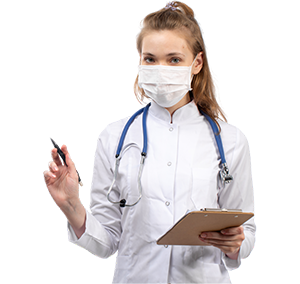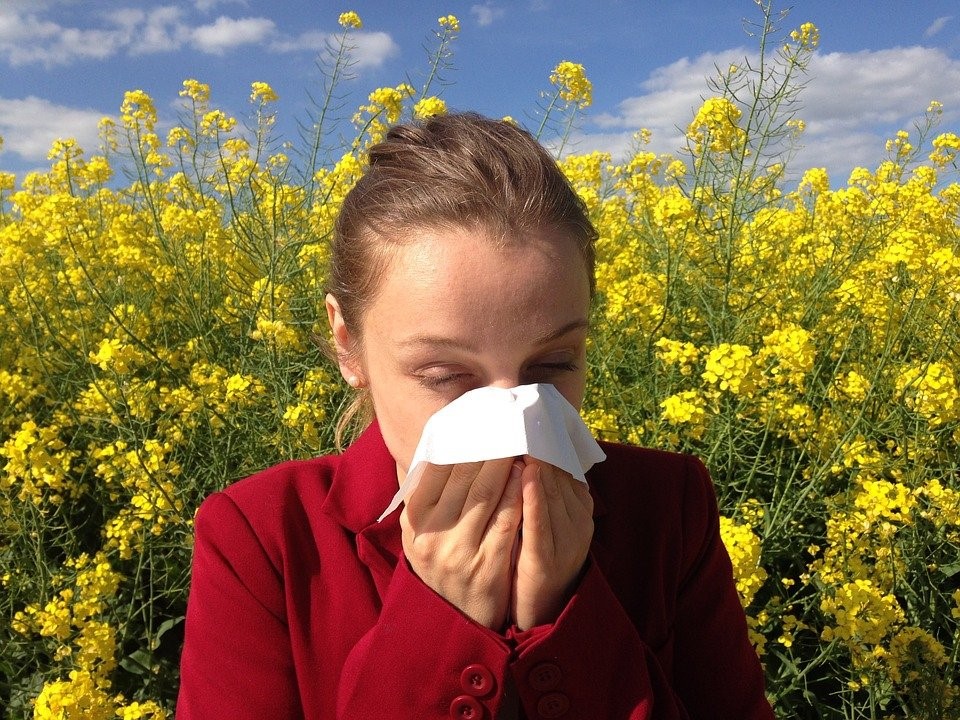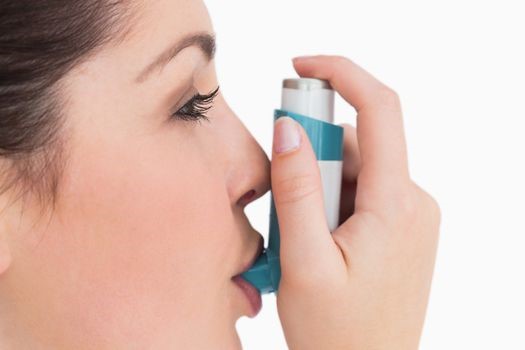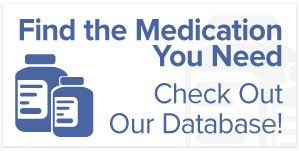According to the Asthma and Allergy Foundation of America, approximately 50 million people are affected by seasonal asthma and allergies during spring. Allergies are triggered when an individual’s immune system considers a substance as dangerous and overreacts to it.
This year, seasonal allergies and asthma are combined with the onset of the global pandemic. Here’s all you need to know about COVID-19, asthma, and allergies in Spring 2021.
Allergies
You can inhale allergens into your lungs and nose, ingest them through your mouth, or absorb them through your skin and eyes. The allergic reactions can range from mild to severe. The seriousness of the symptoms is based on the infection vector, allergen, and individual response. Common symptoms and signs of an allergic reaction include:
- Sneezing
- Runny nose
- Itchy, watery eyes
- Itchy nose
- Rashes
- Hives
- Diarrhea
- Bloating
- Stomach cramps
- Vomiting
- Pain
- Tongue swelling
- Swelling
- Redness
- Wheezing
- Chest tightness, loss of breath
- Cough
- Throat closing
Asthma
According to the CDC, more than 25 million US citizens are affected by asthma which may or may not result from allergies. Asthma has two types: extrinsic (allergic) and intrinsic (non-allergic). Both these types have similar symptoms that are a result of inflammation and obstruction of airways.
Intrinsic asthma is triggered by various factors like exercise, cold air, smoke, and anxiety. Extrinsic asthma is triggered by pet dander, pollen, mold, or inhaled allergens.
COVID-19
During the pandemic, thousands of people with asthma or allergies were unsure whether their symptoms resulted from an asthma attack, exposure to allergens, or if they had contracted the coronavirus. The symptoms for COVID-19, which include loss of smell, shortness of breath, and coughing, are similar to allergies and asthma.
Here are some points you must consider in order to determine if you’ve got COVID-19, besides the PCR and antigen test.
- Your medical history
- Do you have a history of seasonal allergies?
- Allergy symptoms tend to last longer than viral symptoms.
- Allergy symptoms often subside with allergy medicines
- Allergies don’t cause fever, but COVID-19 may.
Are seasonal allergy medications burning a hole in your pocket? Try patient assistance programs for medications by The Rx Helper.
We offer prescription assistance for people who can’t afford prescription meds. You can enroll in our prescription assistance programs for uninsured and under-insured people. We charge a monthly fee of $39.95 and send your monthly prescriptions to your doorstep. Get in touch with us to sign up.




